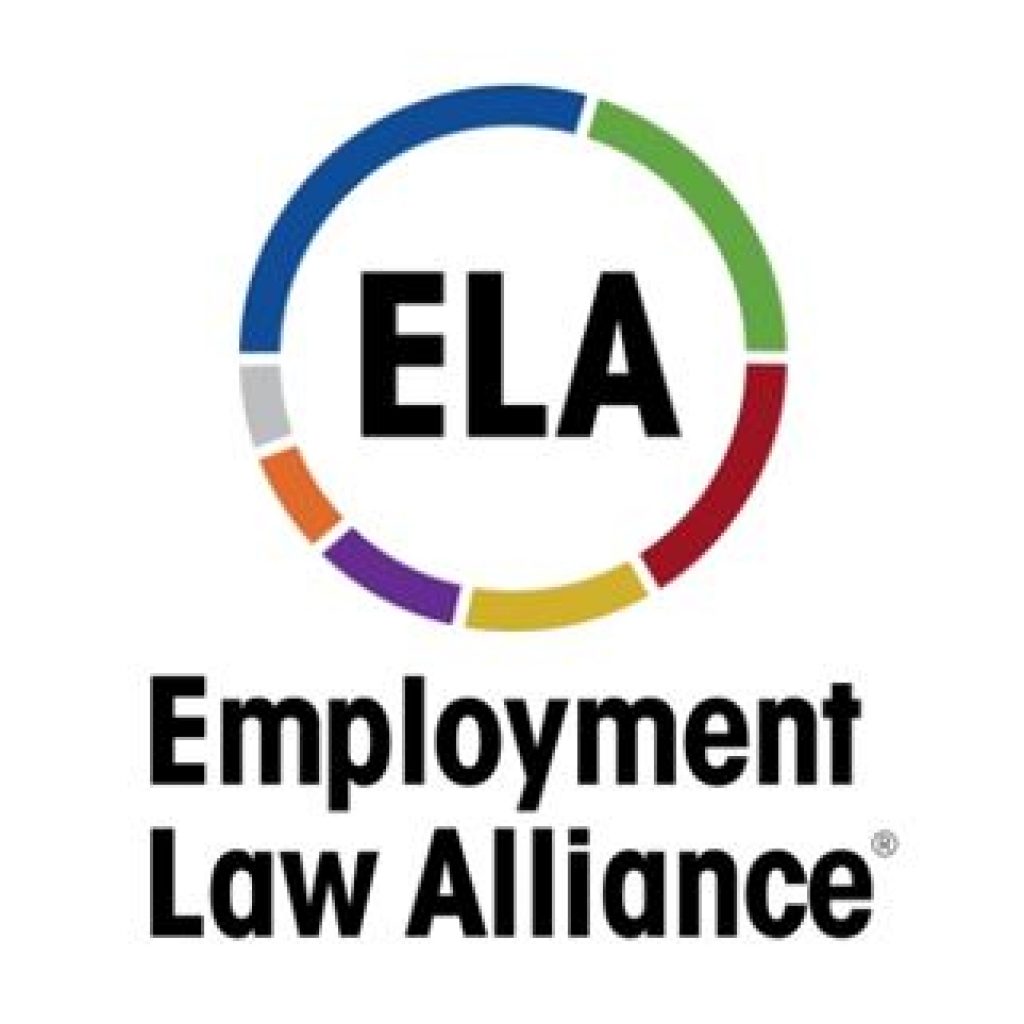A Supervisor’s Knowledge of a Safety Violation Can Be Attributed to the Employer
Even where the employer has directed the supervisor to avoid the violation in question, as the U.S. Court of Appeals for the Fifth Circuit found.
In Angel Brothers Enterprises, Ltd. v. Walsh, the company’s safety manager told the supervisor that the crew needed to use a trench box to prevent cave-ins. The next day, however, the supervisor permitted an employee to enter the excavation without a trench box, since the employee would only be in there for a short time and it would take more time to install the trench box. An OSHA inspector happened to be on site and the company was cited for the safety violation.
Under the Occupational Safety and Health Act, to establish a safety violation, it must be shown that the employer had actual or constructive knowledge of the unsafe conditions with reasonable due diligence, among other things. As the Fifth Circuit noted, because a corporation may only act through its agents, “it is usually liable for acts of its supervisors in the performance of their assigned duties.”
There is an exception to this principle where the supervisor’s own conduct is the OSHA violation. The Fifth Circuit found that the exception did not apply here, however, as the violation was the crew member’s working in the unsafe trench. Although the supervisor allowed the violation to happen, the Fifth Circuit stated that “authorizing another’s violation is not the same as committing the violation oneself.” Moreover, the Fifth Circuit found the company’s argument “that a supervisor’s knowledge cannot be imputed to the employer when the supervisor authorizes, or takes some other active role in, a subordinate’s safety violation” to be unsupported by the law, caselaw, or agency principles.







